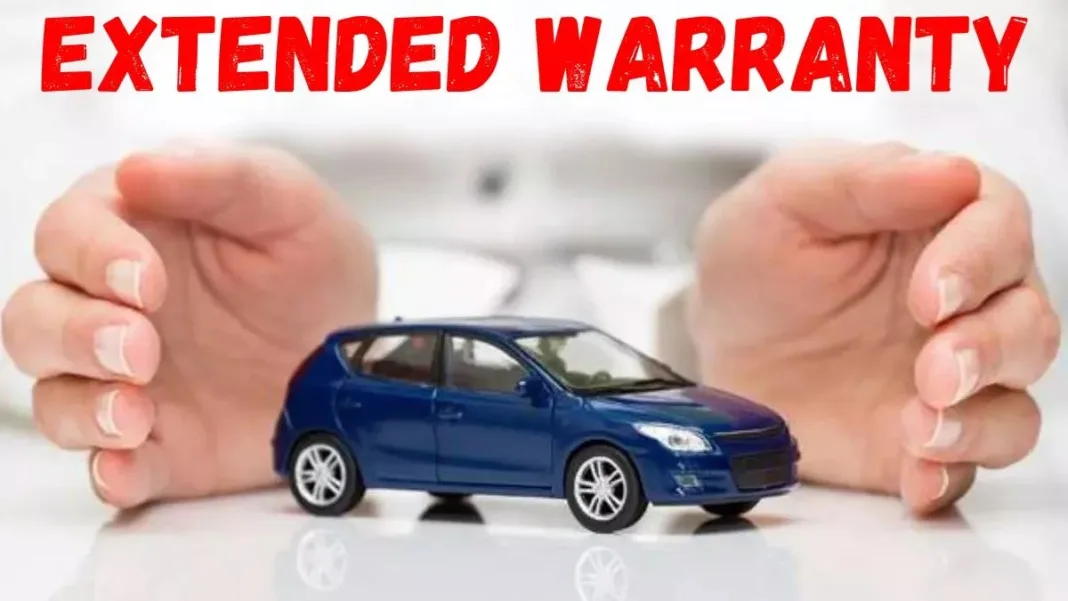When your car’s manufacturer warranty expires, you’re left to face any potential repair costs alone. Opting for an extended car warranty can offer peace of mind, saving you from unexpected expenses and hassles. However, with a myriad of options available, choosing the right one can be daunting. It’s crucial to understand the different types of warranties, what they cover, and how they can benefit you in the long run. Below, we’ll delve into key considerations to help you make an informed decision on the best extended car warranty for your vehicle
Researching and Reading Reviews on Extended Car Warranty Companies
Researching extended car warranty companies is crucial for making an informed decision. Customer reviews offer valuable insights into the experiences of other car owners regarding customer service, claims processing, and overall satisfaction. A reliable resource for these reviews is extendedautowarranty.com/reviews, where you can compare different providers based on coverage options and company reputation.
In addition to reading reviews, it’s wise to check the warranty provider’s standing with the Better Business Bureau or similar organizations. High ratings and accreditation from these entities can enhance the credibility of a warranty provider, helping you set realistic expectations based on both positive and negative feedback from other customers.
Understanding Extended Car Warranties and Their Importance
An extended car warranty is a service contract that covers repair costs for specific parts of your vehicle after the original manufacturer’s warranty expires. It provides financial protection and is a strategic investment in the longevity of your car. The extent of coverage varies, with some offering comprehensive coverage, while others only cover the powertrain.
The duration of the warranty can range from one to several years, depending on the provider. While not mandatory, an extended warranty offers a layer of security for your budget and can make car ownership less stressful. Understanding the extent of coverage and duration is crucial before making a purchase.
Evaluating Your Vehicle’s Needs and Warranty Coverage Options
When considering an extended warranty, evaluate your vehicle’s reliability and repair history. Some models are notorious for expensive repairs once they reach a certain age or mileage. In such cases, extended warranty coverage can be particularly beneficial. Reflect on your driving habits. High-mileage drivers or those who use their cars under more strenuous conditions might want to seek more robust plans. Warranties can also impact resale value, often making vehicles more attractive to potential buyers.
Examine different coverage levels and exclusions. Some warranties may exclude specific components or require maintenance records for eligibility. Factor in deductibles as well – a lower deductible might mean a higher upfront cost but could provide savings in the event of a repair. Consider the cost of the warranty against potential repair costs. If the price seems disproportionate to the value or the likelihood of making a claim, it may not be the most economical choice for you.
Comparing Third-Party Providers vs Manufacturer Extended Warranties
Car manufacturers typically offer their own extended warranties through authorized dealerships, providing convenience and assurance. These warranties can be more costly than third-party options. Third-party providers offer flexible plans for various repair shops, which can be beneficial for those living far from an authorized dealer or preferring local mechanics.
Vetting these providers for reliability and claims process is essential. Transferability of warranties is also crucial, as some manufacturer warranties may limit service options. Financial stability and credibility of the warranty company are also important, as can checking ratings and performance reviews to ensure they stand behind their commitments.
Deciphering the Fine Print: What to Look For in a Warranty Contract
Before signing a warranty contract, thoroughly review the terms to avoid surprises. Be aware of coverage limits, as some parts may only be partially covered, impacting out-of-pocket costs. Keep detailed records of your vehicle’s maintenance to avoid voiding the warranty.
Check the claims process outline, which should clearly outline how to file a claim, contact the right parties, and the expected timeline for repair authorization and reimbursement. Be aware of additional perks, such as rental car reimbursement or roadside assistance, which may add extra value, and ensure you understand the terms and conditions associated with these benefits.
Overall, selecting the right extended car warranty requires careful consideration of your personal needs, vehicle requirements, and the reputation of warranty providers. A well-chosen warranty can enhance your ownership experience, alleviating concerns about potential future repairs. By taking these steps into account, you’re well-placed to make a choice that offers real value and confidence in the long-term care of your vehicle.





